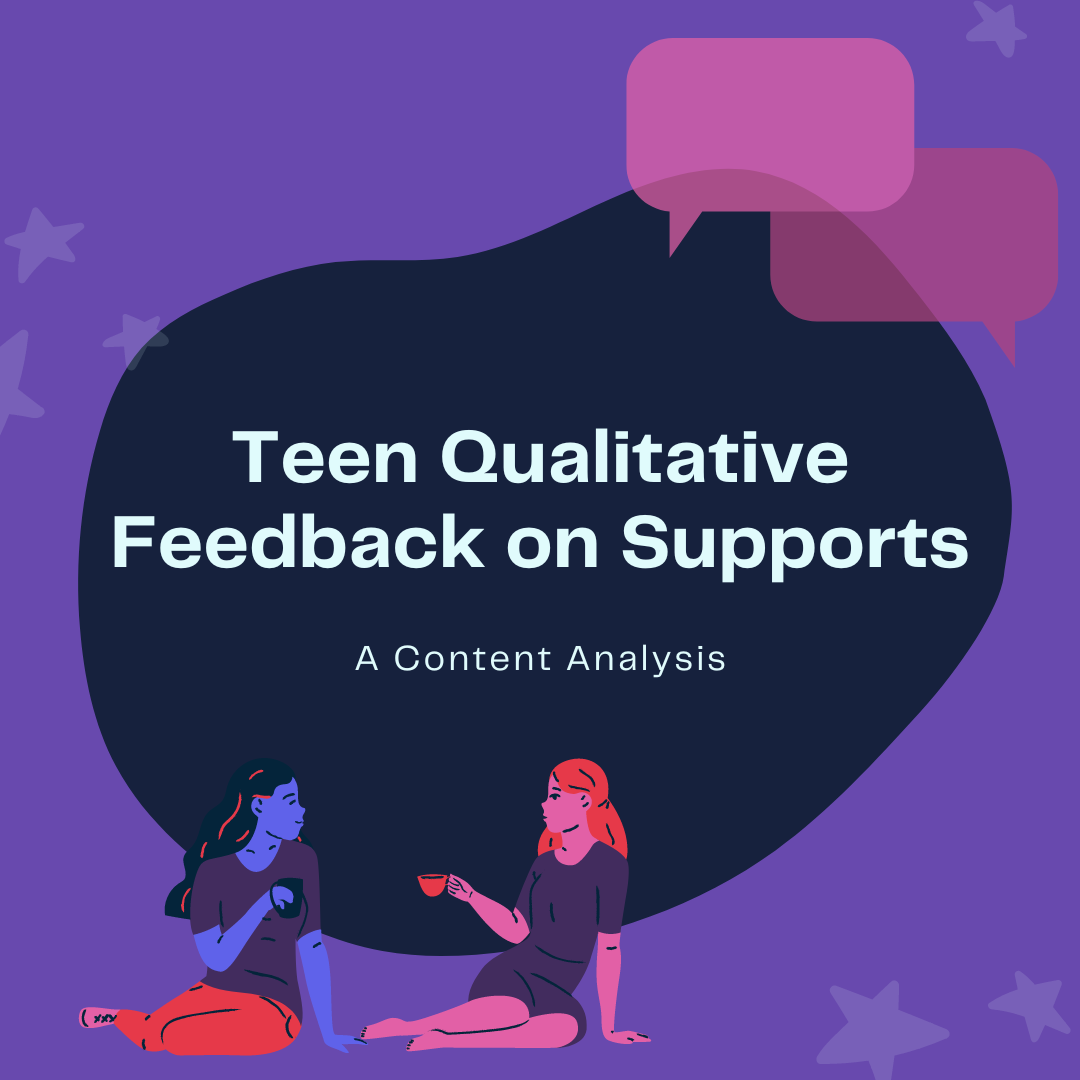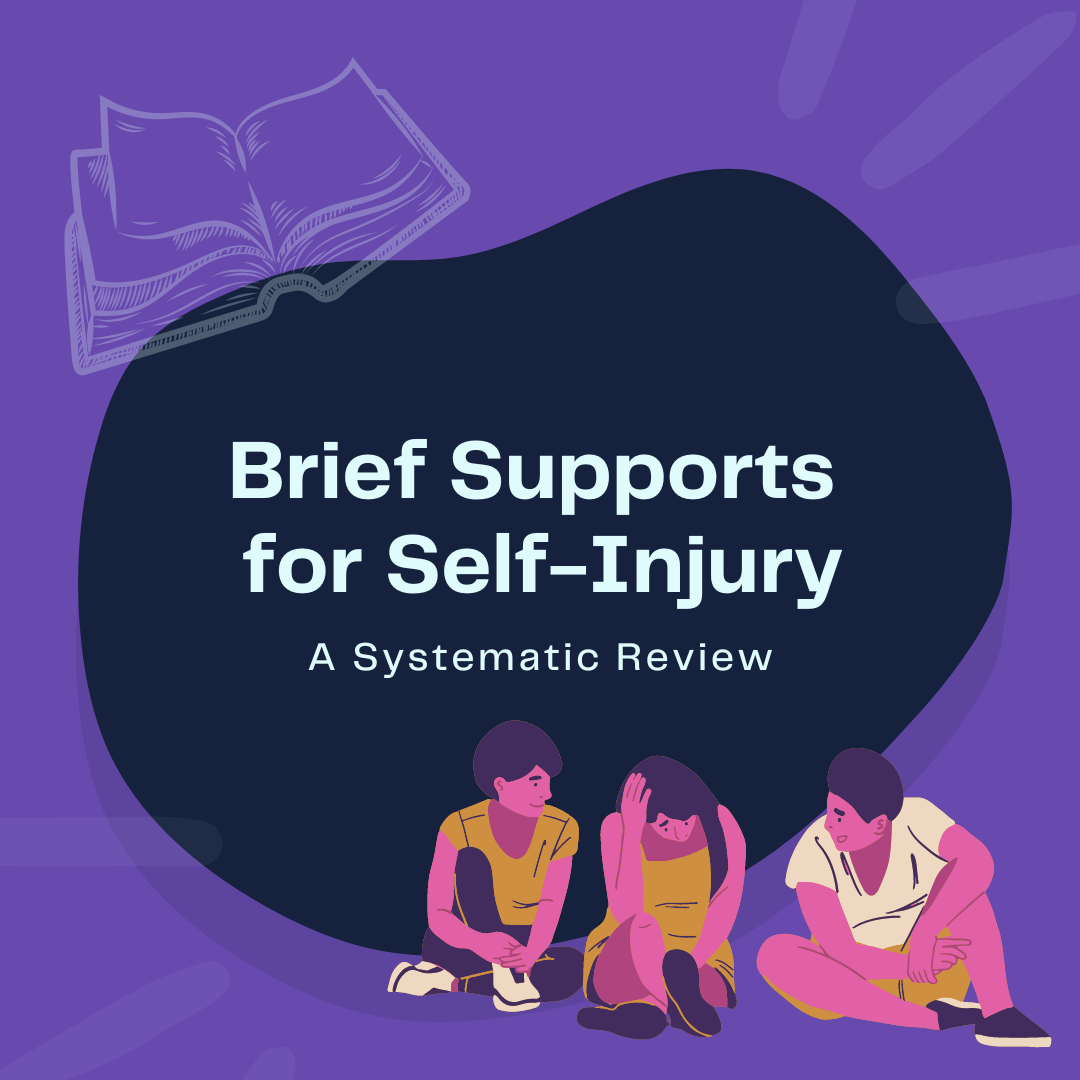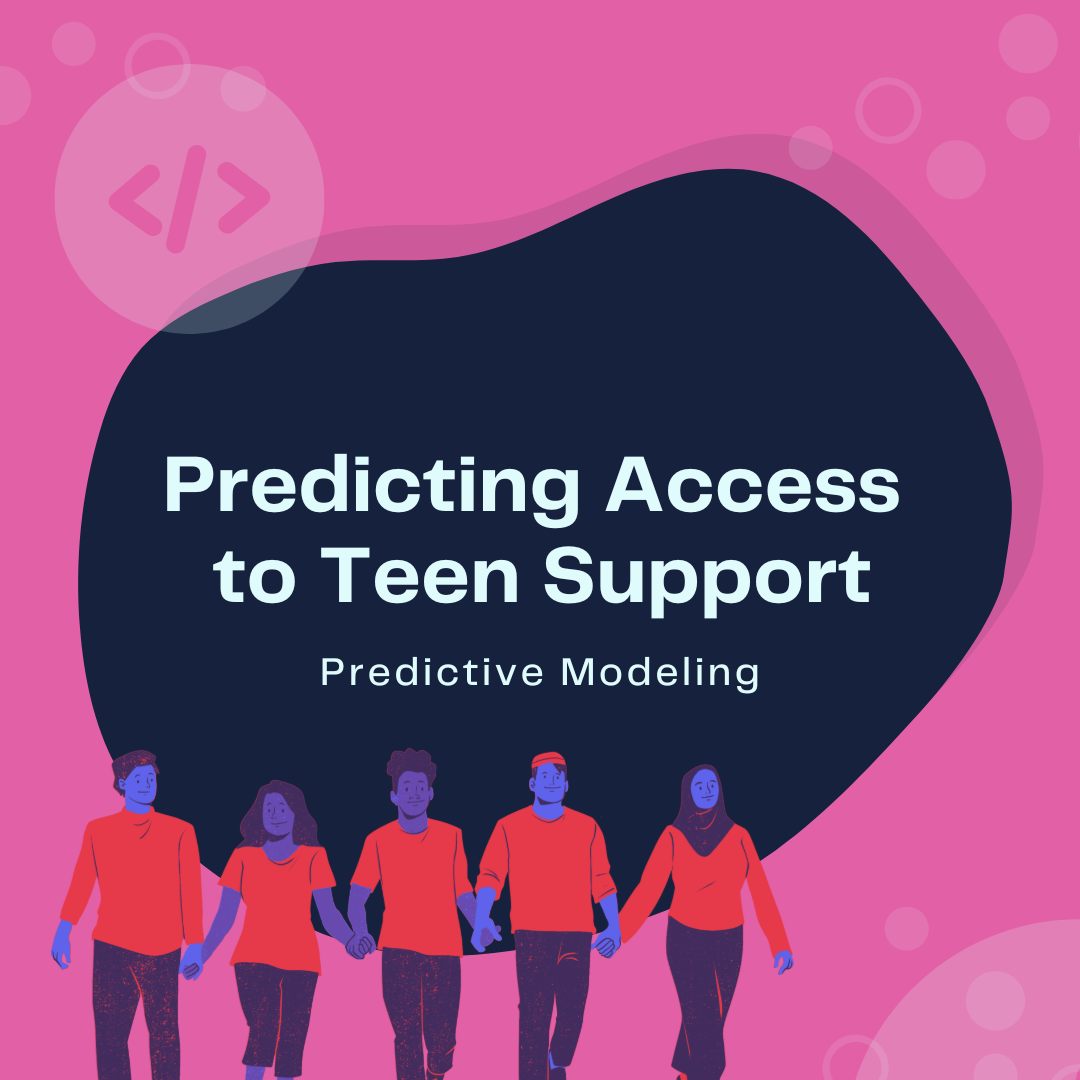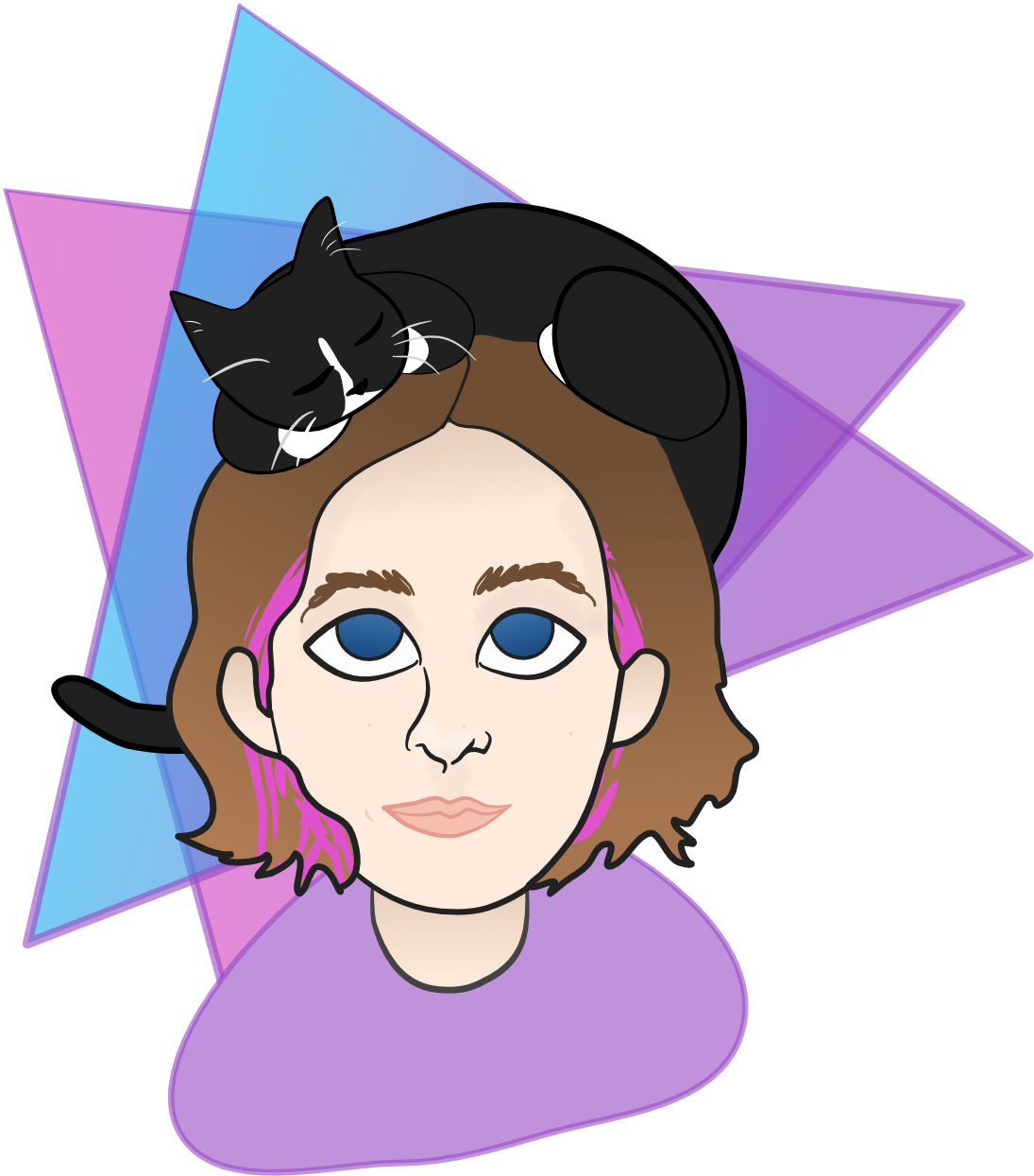Very Amateur and Self-Taught Graphic Design
Something I do for fun! Most artwork inspired by my cat, Boo. Some of the artwork featured in the Project SAVE intervention was also created by me.

Dobias, Roulston, Jans, Ahuvia, & Schleider (in preparation)
Content analysis project examining teens' qualitative mental health support preferences. Overall, many teens expressed a desire for in-person mental health support with a professional. Teens wished for more control over their own mental health support as well as concerns about their parents being involved with, or even knowing about, their support. Teens deserve a diverse range of accessible mental health support options.

Dobias, Morris, & Schleider (2022)
[Paper] [Preprint] [Code] [Infographic]
User experience partnership with Koko to evaluate acceptability and use of three "mini" single-session interventions, each embedded within Tumblr. The interventions received thousands of views, exceptional completion rates, and high user ratings. Teens felt less hopelessness and self-hatred after the programs, and the greatest churn rates occurred on pages where teens were asked to complete a writing activity. "Mini" interventions can reach thousands quickly, in moments of high need.

Dobias, Schleider, Jans, & Fox (2021)
Supported by Psi Chi International Honors
[Paper] [Preprint] [Preregistration] [Code] [Intervention] [Infographic] [Podcast]
Randomized trial to evaluate an online, 30-minute, single-session intervention ("Project SAVE") designed for youth engaging in non-suicidal self-injury. Relative to an active control group, Project SAVE decreased teens' self-hatred and increased their desire to stop future self-harm right after the intervention. Over half of participating teens had received zero other mental health support in the past month. Project SAVE is an acceptable, short-term coping resource for teens who may not have access to other supports.

Dobias, Chen, Fox, & Schleider (2023)
[Paper] [Preprint] [Preregistration]
Systematic review of brief psychosocial interventions for self-injurious thoughts and behaviors (SITBs). Providers often have a very limited window of opportunity for SITB intervention. Over 50 years, research evaluated 23 brief interventions for SITBs in young people. Despite great need for timely intervention, only 6 brief interventions demonstrated any SITB improvement. Only 1 intervention met basic criteria for an evidence status of "probably efficacious". While brief SITB interventions exist, future research must determine if, how, and when these interventions should be deployed.

Dobias, Sugarman, Mullarkey, & Schleider (2021)
[Paper] [Preprint] [Preregistration] [Code]
Secondary data analysis in a national sample aiming to predict whether and where teens accessed mental health treatment in the past year. Neither individual depression symptoms nor socioeconomic variables meaningfully predicted specific or overall mental health treatment access. Current tools are limited in their ability to predict details about teens' mental health treatment access. Approximately half of teens with high depression scores had accessed treatment of any kind. Teens need more accessible depression treatments.

Something I do for fun! Most artwork inspired by my cat, Boo. Some of the artwork featured in the Project SAVE intervention was also created by me.